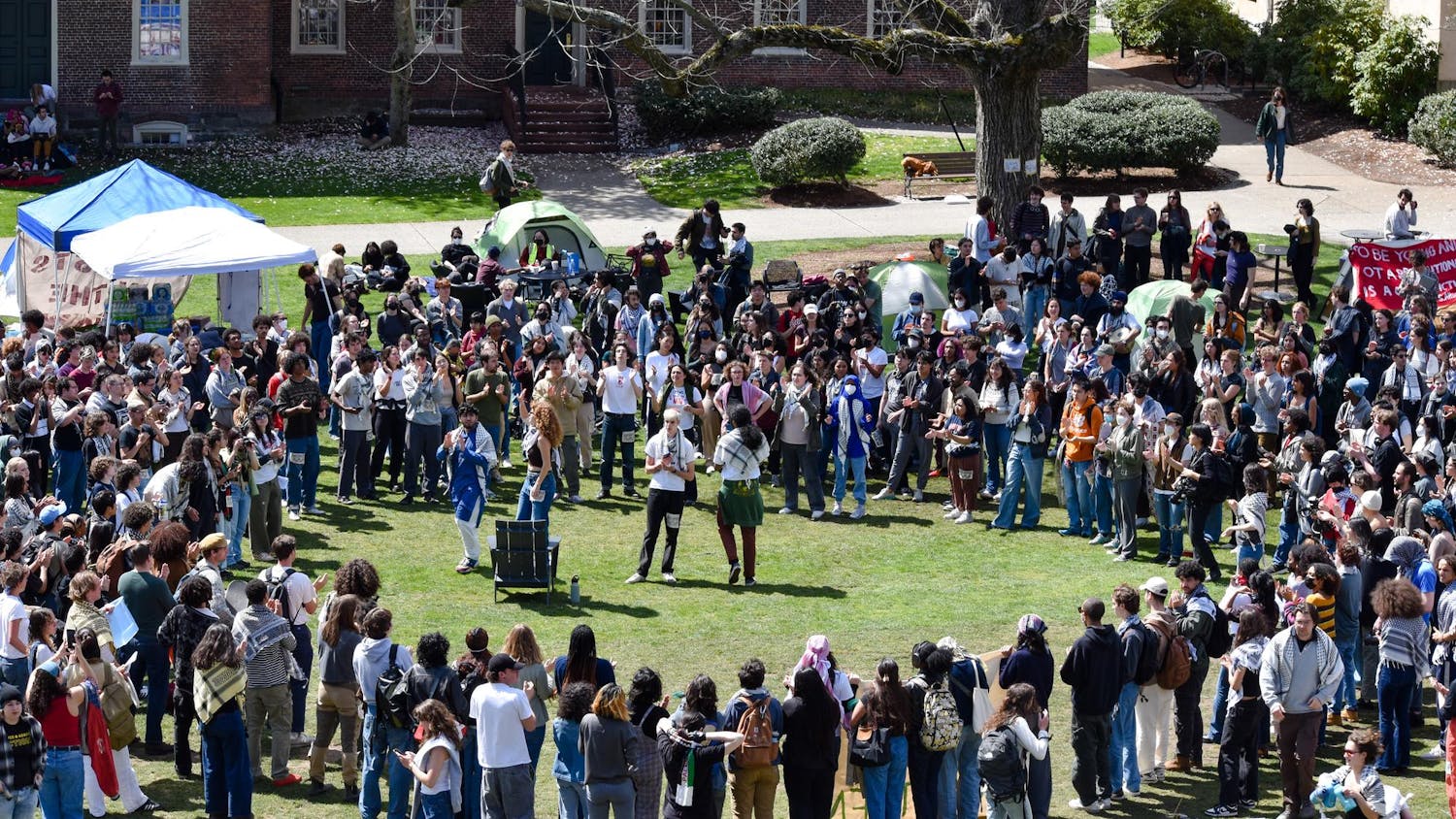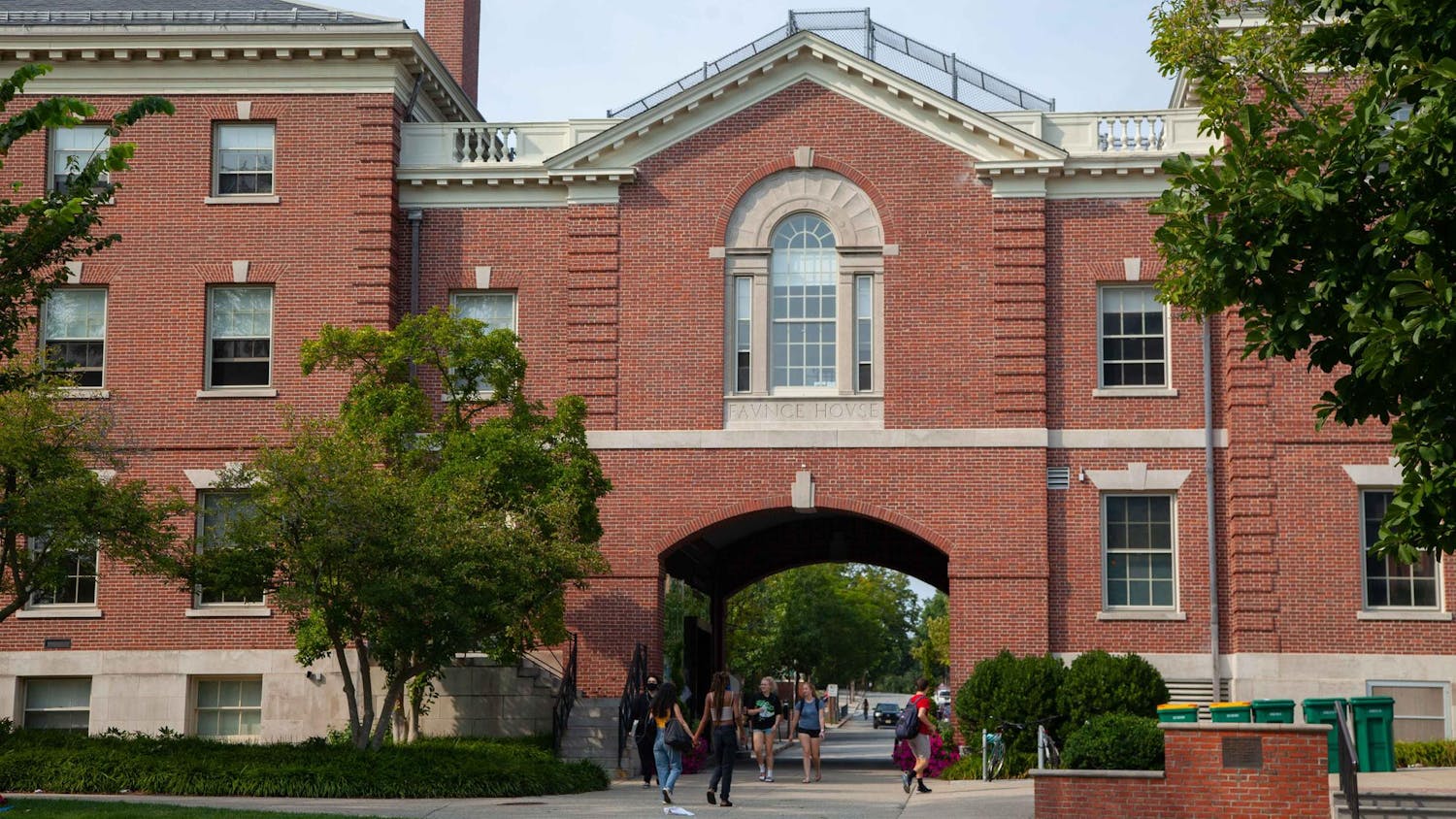While travelling to Tanzania in 2007, Matt Severson '11 was struck by a problem: students in many parts of the world cannot afford a basic education. His solution, the School Fund, connects these students with donors who allow them to pursue primary and secondary schooling.
The School Fund, a non-profit organization which began with a single student in 2008, requires little infrastructure beyond its website, where photos and biographies of students from Tanzania and Haiti are posted.
Severson himself designed and built the website with his father. "It's pretty easy to get something on the internet," he said.
The site allows donors to directly choose their recipients, a feature that Severson said distinguishes his organization from similar non-profits.
"We want to bring transparency and communication," Severson said, explaining that many organizations only allow donors to give money to the organization itself. The School Fund even enables students to correspond with their funders.
"Traditional sponsor-a-child programs are outdated," he said. "You never really know where the money's going."
All of the School Fund's donations last year went to students in Tanzania, Severson said. All of the students — 32 total — who joined the program last year had their educations funded.
This year, the School Fund's organizers intend to expand the scope of its giving to include more schools in Tanzania as well as in Haiti and eventually Kenya. Severson said he also hopes to partner with other non-government organizations to extend the fund's reach to still more schools.
Severson is looking into working with the Wheeler School, a private school in Providence, to "generate some fundraising," Christine Zaleski '11, a member of the School Fund, said.
On Nov. 11, the School Fund held its first east coast fundraising event, a gala in New York City. Over 300 people attended the gala, Severson said.
At the gala, attendees had the opportunity to access the School Fund website and make donations. "At every event we set up five or six computers," Severson said. The gala raised around $1500.
Part of raising awareness in the United States involves expanding influence within colleges and high schools in addition to publicity events such as the gala, Zaleski said.
There is a lot of untapped power in "students helping students, youth helping youth," Zaleski said.
"We want to support the students who take their education seriously," Severson said.




